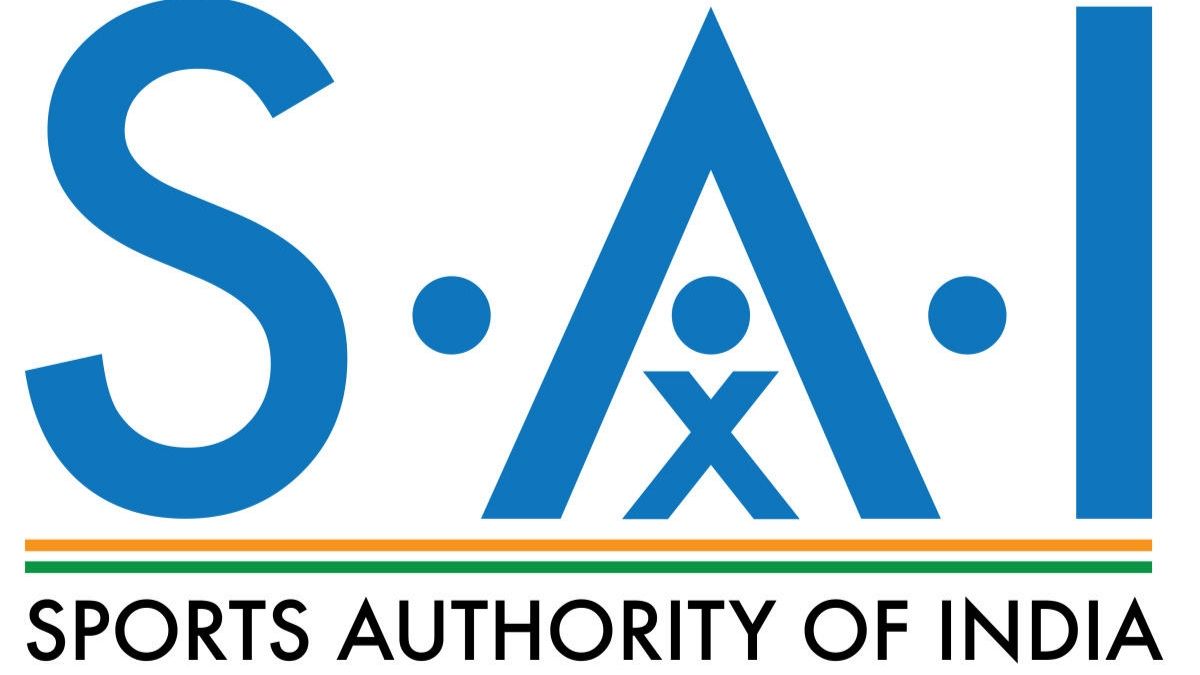
Keeping in mind the next year’s Tokyo Olympics, Indian athletes are on their way to resume their training while in a precautionary environment. However, the measures suggested by the Sports Authority of India (SAI) are not practical, especially with regard to wrestling.
SAI would have come up with a better modus operandi if Wrestling Federation of India (WFI) was consulted. The following pointers are noteworthy: USE OF DUMMIES SAI has released some guidelines for contact sports wherein the use of dummies is a priority, to keep human contact as minimal as possible.
However, the directive is not efficacious, as the dummy is used only for practising dangerous techniques like dropping the opponent on the neck. Dummies would not allow the wrestlers to exercise their strength, as this non-living opponent will not resist or apply any opposite force.
For the Olympics, strength training for the wrestlers is vital. Moreover, it is to be noted that during a national camp, usually, not more than four dummies are used. Senior wrestlers do not use dummies either as they’re for the beginners. Greeco-Roman wrestlers, however, use dummies for enhancing their agility.
MODIFIED GUIDELINES
Post the lockdown, there should be a mutual consensus between the WFI, SAI and wrestlers. The wrestlers should be prohibited from leaving the camp; if anyone violates the rule, he must be quarantined. Camps should be held at SAI centres, and throughout the camping time at least two persons should be earmarked for bringing the essential goods for the wrestlers and the staff respectively.
Wrestlers should be allowed to practice on mat only after daily health inspection. Each wrestler should choose one of his/ her sparring partner for daily practice, and they will be temporary room partners throughout their training period. Wrestlers should also be barred from entering each other’s rooms. The coach should have gloves in his hand.
MASKS ARE DETRIMENTAL
Masks must be mandatory for coaches, support staff, kitchen personnel and miscellaneous. Athletes must not wear masks during their training activity so that their breathing capacity is not impeded. Depleted supply of oxygen affects not only the athletic performance, but also wears the performers out quickly, and hampers the recovery.
That is why activities in high-altitude areas such as Shilaru, Shimla and Colorado Springs (USA) lead to the premature fatigue of the players. During the training, a wrestler needs oxygen for recovery. A mask in this scenario is detrimental. As a precautionary measure, the camp will have to be converted almost into a jail like hostels.
HYGEINE & SANITISATION
Wrestlers should use only personal towels. More than four practice bouts on one mat should not be allowed. Sanitisers should be well in use. Professional training should be started only after due diligence so that Indian wrestlers will be able to get maximum quota places in the upcoming Olympic qualifying competitions.
AGE BAR FOR STAFFERS
During the camp, the age of any staff including the coach should not be more than 55 as immunity wears out with time, and older people are more vulnerable to the coronavirus complications. The writer is an Arjuna awardee and the wrestling choreographer of the Aamir Khan film ‘Dangal